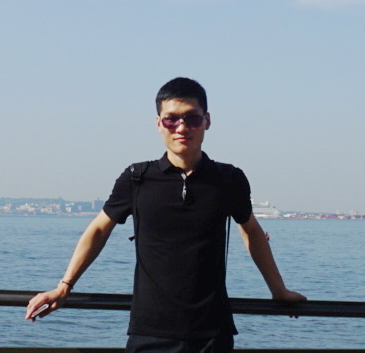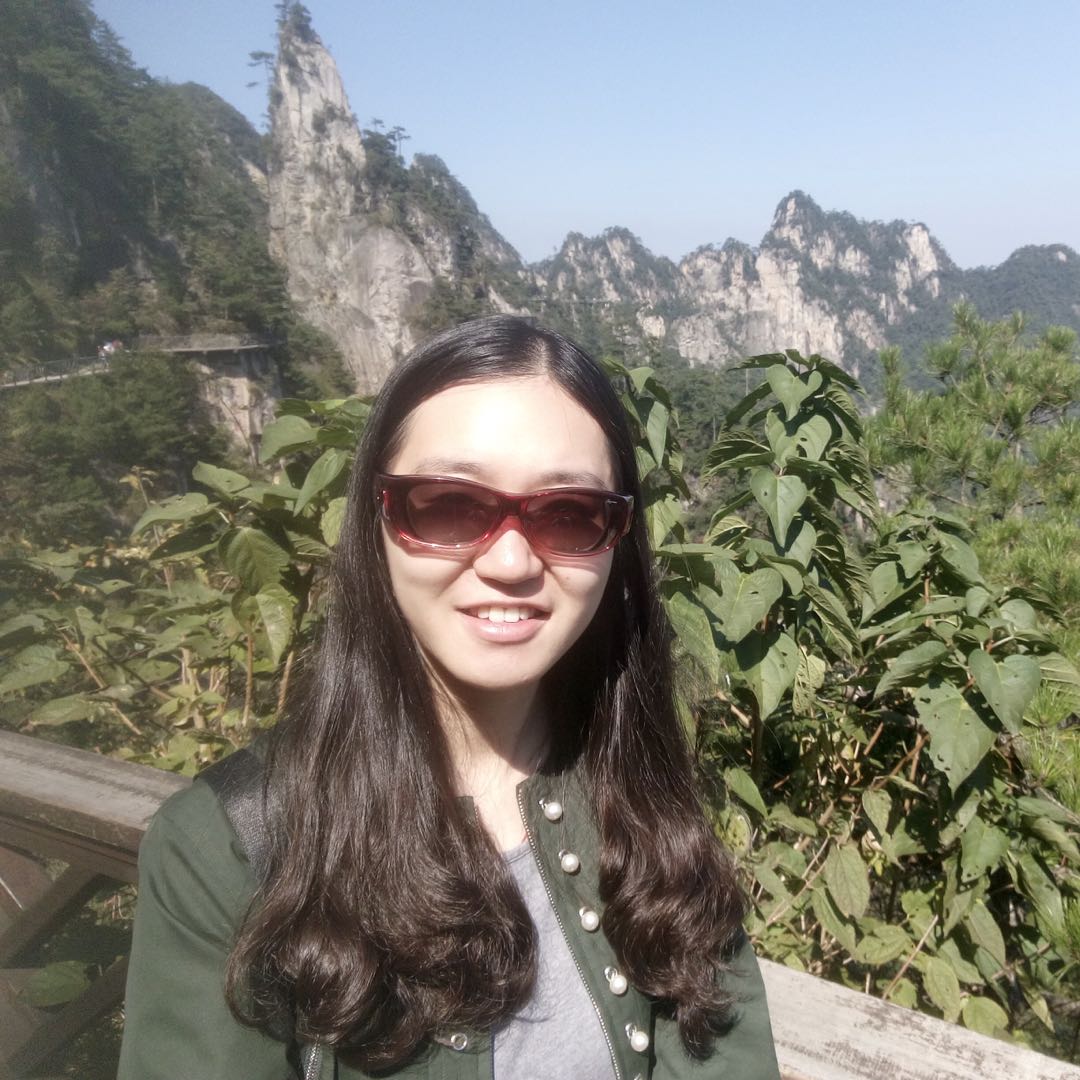The System and Software Security Laboratory is a research group led by Professor Bing Mao and affiliated with the School of Computer Science at Nanjing University, exploring multiple respects in software security. Our core research areas include:
Reverse Engineering: Locate vulnerabilities with precision through binary analysis, crash log/core dump analysis, and dynamic taint analysis.
Vulnerability Detection: Advance fuzzing strategies (black/grey-box), symbolic execution with constraint solving, and LLM-assisted techniques to enhance vulnerability detection and path depth across targets.
Compiler Security: Identify security risks introduced during compiler optimization/transformation. Develop validation techniques (e.g., differential testing, path-coverage test generation) to ensure trustworthiness.
AI for Security Analysis: Explore AI (deep learning, large language models) to learn program behavior patterns and augment security analysis tasks.
Our research is consistently published at top-tier conferences including S&P, USENIX Security, ISSTA, and ICSE.
Graduates pursue careers at leading companies (e.g., Huawei, Alibaba, NetEase) and academic institutions (e.g., HUST, SEU) worldwide.
We cordially invite motivated Master's and Ph.D. candidates passionate about software security to join us in exploring the boundaries of system security!
News
-
September, 2025
Yi Qian’s Prompt Cloning is accepted by ASE 2025.
-
September, 2025
Tiantai Zhang’s oCFI is accepted by ToSEM 2025.
-
July, 2025
Haiyang Wei’s ProtocolGPT is accepted by IWQoS 2025.
-
June, 2024
Zhengjie Du’s Medusa is accepted by WWW 2024.
Research
Reverse Engineering
Explore new techniques in reverse engineering to help security research.
Software Security
This research is about to find ways to protect software and make it more secure.
Vulnerability mining
This project is about to explore techiniques to find vulnerabilities in software automatically,including fuzzing, symbolic execution and so on.
Deep learning assisted program analysis
Deep learning is a powerful tool to overcome the awkward situation of extracting endless rules from real world. We propose some novel approach in program analysis.
Compiler security
Compilers are important and complex, in this project, we study various security issues introduced by compilers.
People
Advisor
Bing Mao
Ph.D Candidate
Yi Qian

Tiantai Zhang
Junjie Peng
Haiyang Wei

Xingbang He

Yi Zhang
Master

Nanxin Wu

Chen Tang
Yuhan Wu
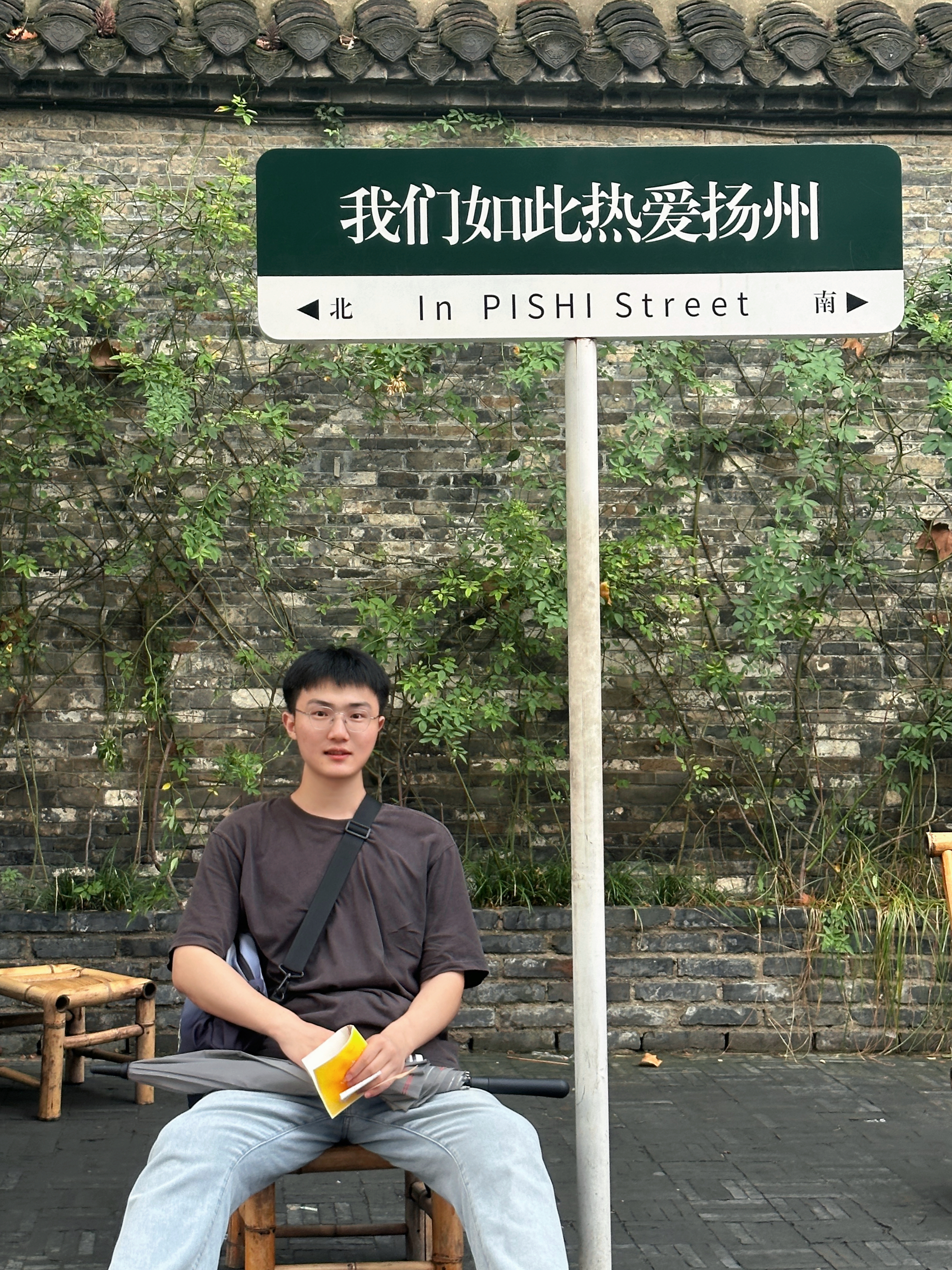
Fei Peng

Yuanwei Chen

Yunzhe Li

kunwei Qian
Alumni
Dongliang Mu(PHD)
Zhilong Wang
Ligeng Chen
Sijia Geng
Yunlan Du
Jian Guo
Chengbin Pang
Jianhao Xu
Zhengjie Du
Zhongling He

Weiping Zhou

Jinbin Ouyang

Jun Zhu

Jia Guo
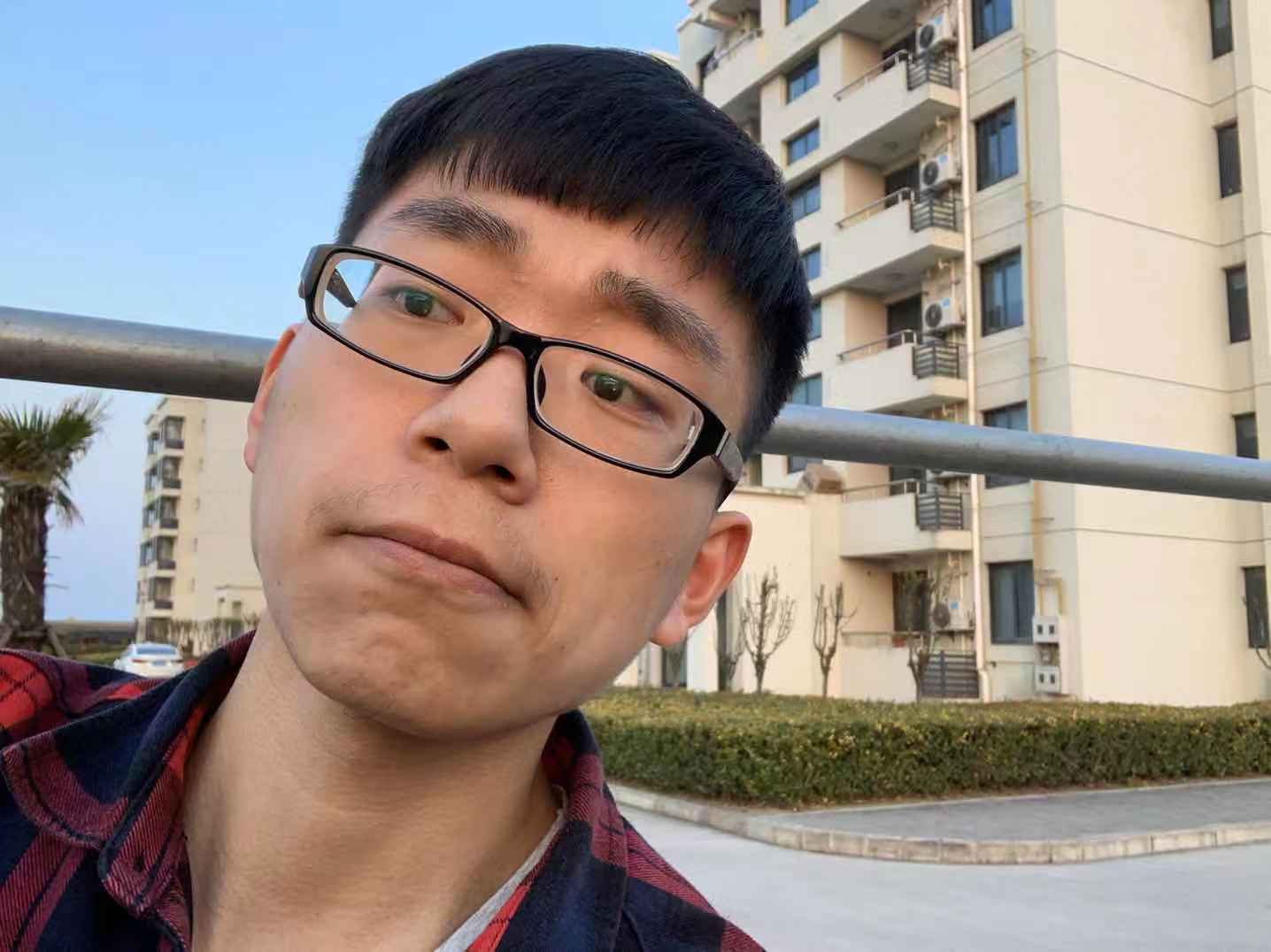
Zhu Ding

Xuelan Xu
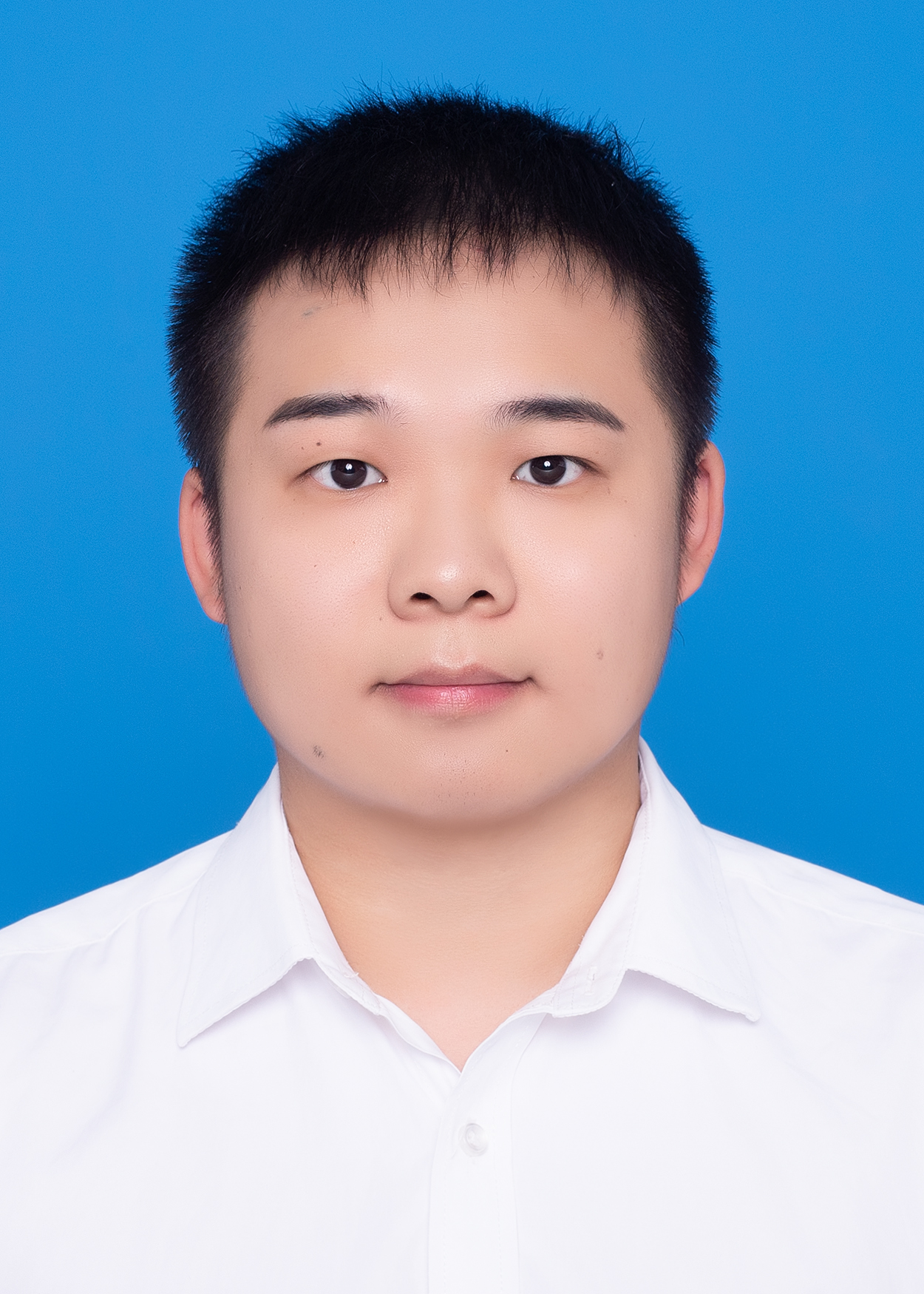
Maorong Chen

Linke Li
Kunbo Zhang

Yuyang Wang
Contact Us
If you are insterested in joining our group, please contact Professor Bing Mao: maobing@nju.edu.cn







